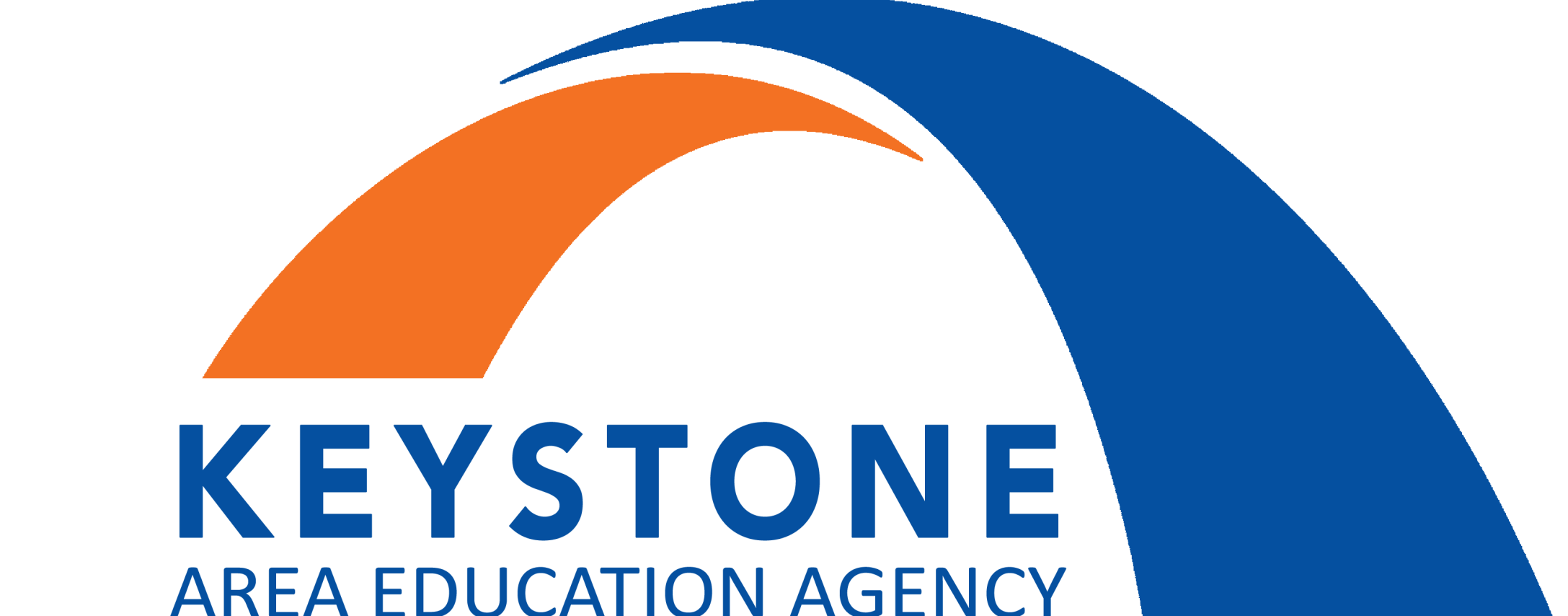Universal CTE Resources
Iowa CTE Standards
The State Board of Education has adopted career and technical education (CTE) standards for high school and middle school CTE programs. The CTE standards correspond to each of the six service areas and are required for Iowa schools offering CTE programs. The six service areas include: agriculture, food and natural resources; applied sciences, technology, engineering, and manufacturing; business, finance, marketing and management; health science; human services; and information solutions.
Program of Study
RPP 1 Program of Study Self Study Schedule
A Program of Study Self Study is due by all CTE programs on a 5-year cycle. The table above shows program cycle for NEICTEP RPP1.
Timeline for Program of Study Completion:
1. AEA Workshop: Program of Study Launch Workshop (Feb/March)
2. Between March and September, educators complete their initial draft.
3. AEA workshop: Program of Study Peer Feedback/ Collaboration (September/October)
4. Initial submission to the RPP Program Review Team (November)
5. Final revisions complete (December)
6. January RPP action item: Approve the Program of Studies to be submitted to the Department of Education.
7. RPP Coordinator submits the region’s programs for review (before Feb. 1)
Resources
Model Programs
CTE Model Programs
The Iowa Department of Education’s Career and Technical Education Bureau developed these specific model programs as a starting point for school districts, new teachers and other educational stakeholders to view program examples that may serve as guideposts for new program implementation with fidelity.
These model programs are not to take the place of high achieving CTE programming that is in compliance with current state and federal operation requirements, but rather to be best utilized by districts looking to create additional pathways or make updates to existing ones. Model programs may also be helpful to advisory committees when looking to make suggestions to course alignment.
The Iowa CTE model programs include foundational CTE courses, pathway specific example courses, and post secondary community college courses for a complete roadmap to program success. Also embedded into these model program documents are examples of aligned career and technical student organization activities and work based learning experiences.
Please remember that these model programs are to be used as guideposts only. Please continue to analyze labor market data and solicit feedback from advisory committees, as well as other stakeholders on a local level to determine need and program specific coursework.
Model Programs by Service Area
Comprehensive Local Needs Assessment
Career and Technical Student Organizations (CTSO)
CTE State and National Organizations
Career Connected Learning/ Work Based Learning
Legislation passed in May of 2024 created an umbrella term of Career Connected Learning for experiences where students engage with and learn from business and industry. There are two components now:
- Career Exploration is defined “learning about work” and includes career activities of awareness, exploration, and preparation.
- Work Based Learning is defined as “working to learn” and focuses on the training portion of the continuum.
The passage of Senate File 2411 in May 2024 clarified a consistent definition of work-based learning: “sustained project-based learning in partnership with an employer, simulated work experiences aligned with industry-recognized credentials, high-quality pre-apprenticeships aligned to an apprenticeship, student learner programs, internships, and apprenticeships.”
- These experiences primarily occur in high school, and student attainment of work-based learning experiences is a priority indicator in Iowa’s school rating calculations under the new, unified accountability system.
- Work-based learning experiences primarily take place in a physical work environment, but some may be provided in a simulated or virtual work environment within a classroom setting.
(Here is the direct link to SF2411)
Work Based Learning Definitions and Reporting
Additional Reporting Supports
- Data Dictionary
- Iowa CTE CIP Codes
- This interactive dashboard will be updated with the most recent data submissions in the fall: https://iowastudentoutcomes.com/iowa-public-school
Industry Recognized Credentials
Resources to explore:
- Iowa Department of Education’s Industry Recognized Credentials website
- This site includes the most current list of state approved IRCs and guidance for reporting attainment.
- Data Dictionary
- The dictionary provides guidance for how to code attainment for SRI reporting.
Resources by Program
Agricultural Education
Agricultural education prepares students for successful careers and a lifetime of informed choices in the global agriculture, food, fiber and natural resources systems.
FFA Agricultural Education Mission
Resources:
Business, Finance, Marketing, and Management Education
Iowa Standards are aligned to the national standards by MBA research. Below are a few resources to check out:
State’s Connection (free with valid Iowa education email) is a space for instructional materials and resources to support educators and their program development.
Family and Consumer Science
Industrial Technology
Grant Management
RPP1 and Keystone Perkins Consortium Grant Management Resources
Access our grant management resources. Contact Bev Berns bberns@keystoneaea.org to recover your password.
Regional Planning Partnership Meeting details can be found here.
Contact
Bev Berns
School Improvement Facilitator
bberns@keystoneaea.org
